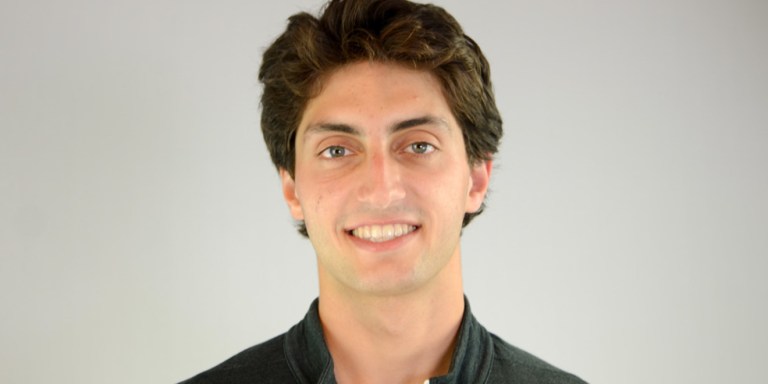The existence of college sports is confusing. Despite holding the student-athlete moniker, college athletes are often treated like professionals. This past weekend, you maybe watched the Final Four for men’s basketball. It was a professional-level spectacle complete with NBA commentators and played at US Bank Stadium, the home of the NFL’s Minnesota Vikings. The NFL, by the way, happens to be the highest grossing sports league in the United States. The second highest? College football. This statistic speaks to our country’s disregard for players’ health in the face of gigantic profits, sure, but it also shows how commodified college sports is.
These athletes are technically classified as students — no doubt so that the NCAA and colleges can continue conspiring to not pay them — but are asked to commit to their sport like professionals. They practice, watch film, workout and compete as if they were getting paid. And then they are asked also to be students. Which can come across as a bit of a joke. Because we are on a quarter system, Stanford Women’s Basketball often has final exams in the middle of the NCAA tournament. It’s not an environment conducive to academic success.
Now, Stanford is more academically rigorous than most other schools, and Stanford athletes are required to do more schoolwork than athletes at schools with similar athletic programs. By and large, though, college athletes do not get the same classroom education as non-athletes. Which begs the question: How educational are college sports?
How is it that participating in sports is valuable when applying to college, but not valuable for completing it? By way of example, consider a college swimmer. Stanford recruits swimmers because Stanford has decided that something about being an elite swimmer -— the drive and discipline, or creativity, or maybe sheer excellence -— makes one deserving of a spot at Stanford. When this swimmer arrives on campus, they will be asked to make swimming a full-time job in addition to being a student. They will spend hours a day on their sport. They will travel around the country and miss classes and other opportunities in order to swim. A huge part, likely the majority of their Stanford experience — their education while in college — will consist within their sport. And yet, all this work will barely matter from Stanford’s perspective. Despite the hours and energy they put in, they will not get any class credit for swimming aside from the measly eight units of physical education that any other student can get for going to enough yoga or scuba diving classes. Can someone please explain to me why being an elite athlete makes someone worthy of getting into Stanford and not worthy of graduating Stanford?
The solution, I think, is to give athletes course credit for their sports. They are developing valuable skills that will help them later in life. Stanford claims to educate the future leaders of the world; well, sports are one of the few subjects students spend time on that deliberately teach leadership skills. Stanford should recognize the valuable work its athletes put in and reward them for it. Right now, Stanford only cares about athletes’ achievements superficially.
This superficial care leads us to another question: Why do college sports exist in the first place? The easy answer is money. But only a couple sports — football, basketball — are profitable. Why do all the other sports exist? Apparently, they aren’t an integral part of a college education; otherwise, their participants would get credit. Are they simply part of the Stanford image? An investment to keep Stanford’s status as America’s Dream School? Are they part of a noble commitment to excellence in every way possible?
College sports sometimes feel like an add-on to the rest of the college. No other higher education system in the world incorporates sports the way we do. The recent admissions scandal pulled recruiting and college sports in general into question. In order to figure out how admissions and sports should work, we first have to figure out why we have sports in the first place.
Contact Jack Golub at golubj ‘at’ stanford.edu
